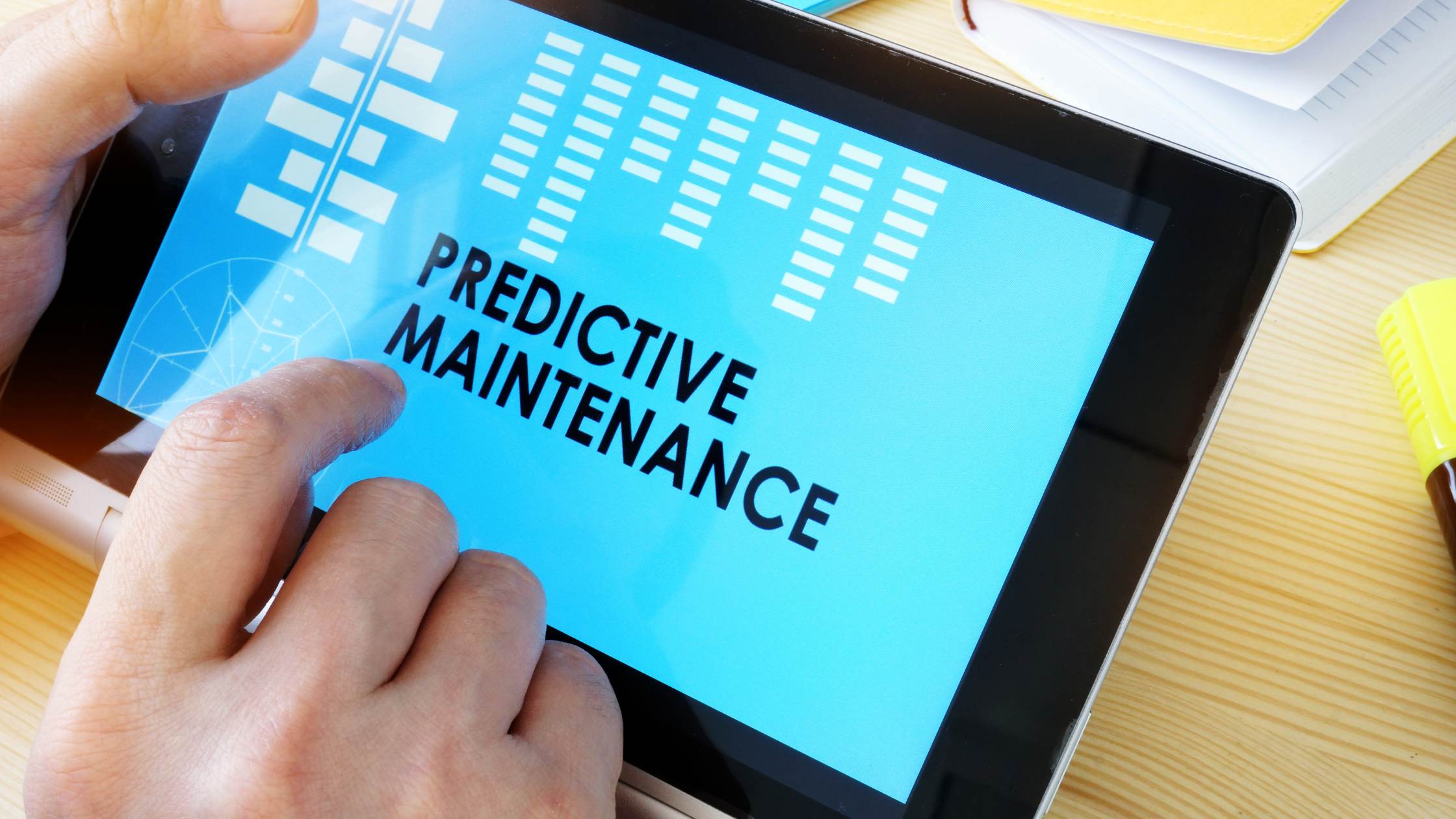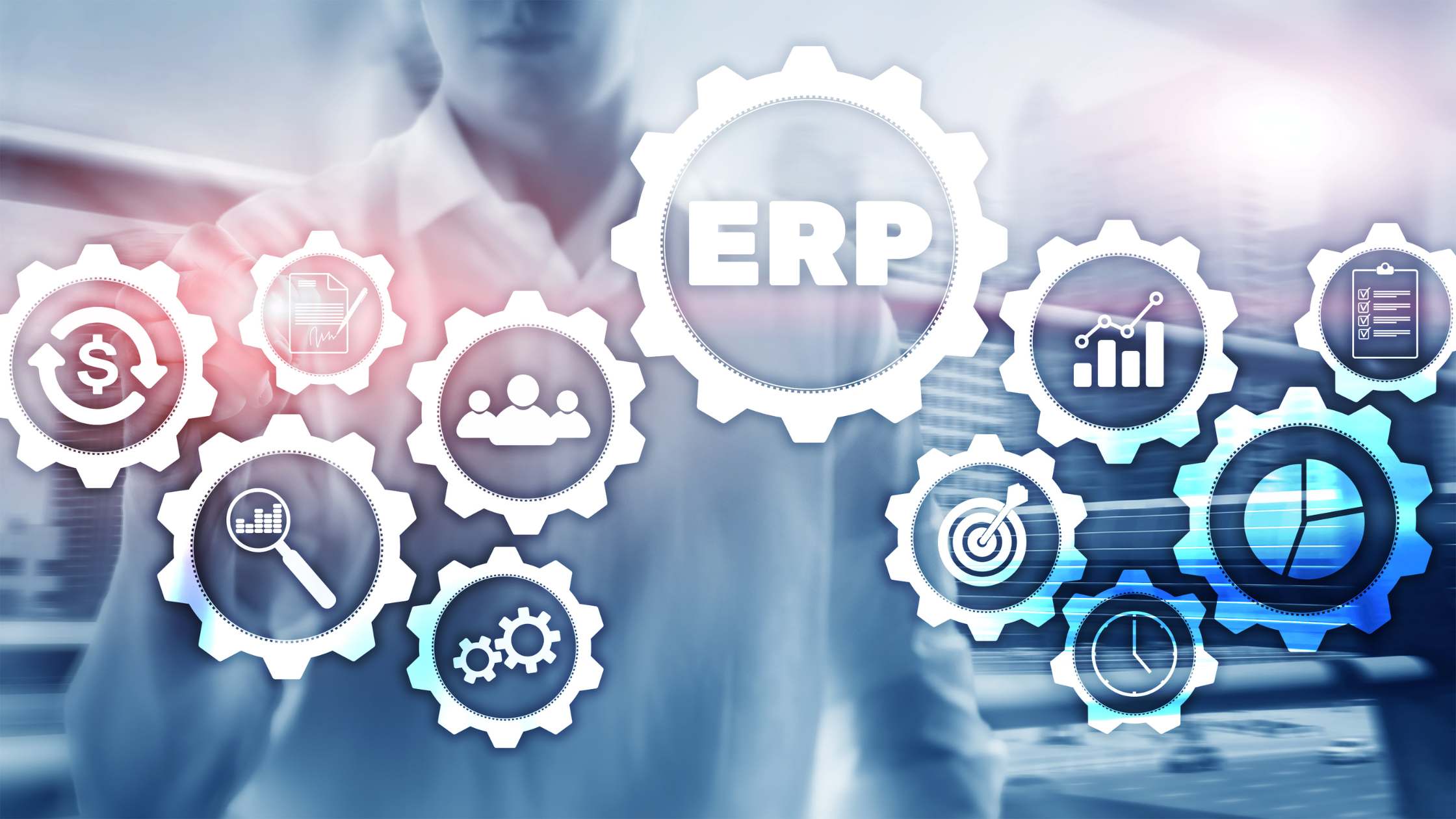
Improving Customer Experience Through Efficient Facility Management in Restaurants
The restaurant industry thrives on delivering exceptional customer experiences. From the moment a patron walks through the door, every aspect of their visit; from the ambiance to the cleanliness plays a pivotal role in shaping their overall satisfaction. Efficient facility management, underpinned by robust maintenance management systems, can significantly enhance these experiences. Using a CMMS ensures that all facets of the restaurant are in pristine condition.
The Direct Impact of Well-Maintained Facilities on Customer Satisfaction
- First Impressions Matter
The first impression a customer has when entering a restaurant sets the tone for their entire dining experience. A clean, well-maintained facility immediately communicates professionalism and attention to detail. Sparkling floors, spotless restrooms, and well-maintained dining areas are non-negotiable in creating a positive first impression. The experience that a customer has while entering a restaurant for the first time leaves a lasting impression.
- Hygiene and Cleanliness
In the post-pandemic world, cleanliness has taken on new importance. Customers now expect higher standards of hygiene. A CMMS helps restaurant managers ensure that cleaning schedules are strictly adhered to, and any issues such as spills or malfunctioning equipment are promptly addressed. This proactive approach prevents potential health hazards and reassures customers that their well-being is a top priority.
- Operational Efficiency
Efficient facility management translates to seamless operations. When kitchen equipment is functioning optimally, and dining areas are in good repair, the restaurant staff can focus on delivering excellent service without interruptions. A CMMS aids in scheduling regular maintenance and quickly resolving any operational issues, ensuring that the restaurant runs smoothly and efficiently.
- Ambiance and Comfort
A well-maintained restaurant creates a comfortable and inviting ambiance. Factors such as lighting, temperature control, and the condition of furniture significantly impact the overall dining experience. By using a CMMS to monitor and manage these elements, restaurants can provide a consistently pleasant environment for their guests.
How CMMS Can Help Maintain High Standards in Restaurants
- Scheduled Maintenance and Inspections
CMMS allows restaurant managers to schedule regular maintenance and inspections for all critical areas, including kitchen equipment, HVAC systems, and plumbing. Routine inspections ensure that potential issues are identified and addressed before they escalate, minimizing downtime and preventing disruptions in service.
- Work Order Management
A CMMS streamlines the process of generating and managing work orders. When a maintenance issue arises, staff can quickly create a work order in CMMS, ensuring that the problem is documented and assigned to the appropriate personnel for resolution. This system ensures accountability and timely responses to maintenance needs.
- Inventory Management
Keeping track of cleaning supplies, spare parts, and other maintenance-related inventory can be challenging. CMMS provides an efficient way to manage inventory levels, ensuring that necessary items are always available when needed. This prevents delays in maintenance tasks and keeps the restaurant running smoothly.
- Vendor Management
Restaurants often rely on external vendors for specialized maintenance tasks or equipment repairs. CMMS helps manage vendor relationships by tracking vendor performance, service schedules, and contracts. This ensures that vendors are held accountable and that services are delivered as expected.
- Compliance and Reporting
Adhering to health and safety regulations is crucial in the restaurant industry. CMMS helps maintain compliance by keeping detailed records of maintenance activities and inspections. This documentation is invaluable during audits and inspections, providing evidence that the restaurant is meeting regulatory standards.
- Data-Driven Insights
One of the significant advantages of using a CMMS is the ability to generate data-driven insights. CMMS collects and analyzes data on maintenance activities, equipment performance, and operational efficiency. These insights help restaurant managers make informed decisions, optimize maintenance schedules, and identify areas for improvement.
Conclusion
In the highly competitive restaurant industry, providing an exceptional customer experience is a basic yet a paramount requirement. Efficient facility management, supported by a robust CMMS like Nexcilo, ensures that all aspects of the restaurant are well-maintained, clean, and functioning optimally. From creating positive first impressions to maintaining high standards of hygiene and operational efficiency, the integration of CMMS into facility management processes unlocks new possibilities for enhancing customer satisfaction.
By investing in a CMMS like Nexcilo, restaurant franchises can ensure that they consistently deliver the high-quality experiences that customers expect, leading to increased customer loyalty, positive reviews, and ultimately, business success.




